Beginners Guide to Coin Collecting
I’m Stephen Pfiel, a numismatic coin dealer with years of experience sourcing and selling coins, from American Eagles to rare error varieties. Coin collecting, or numismatics, has been my passion for decades, blending history, art, and the thrill of discovery....
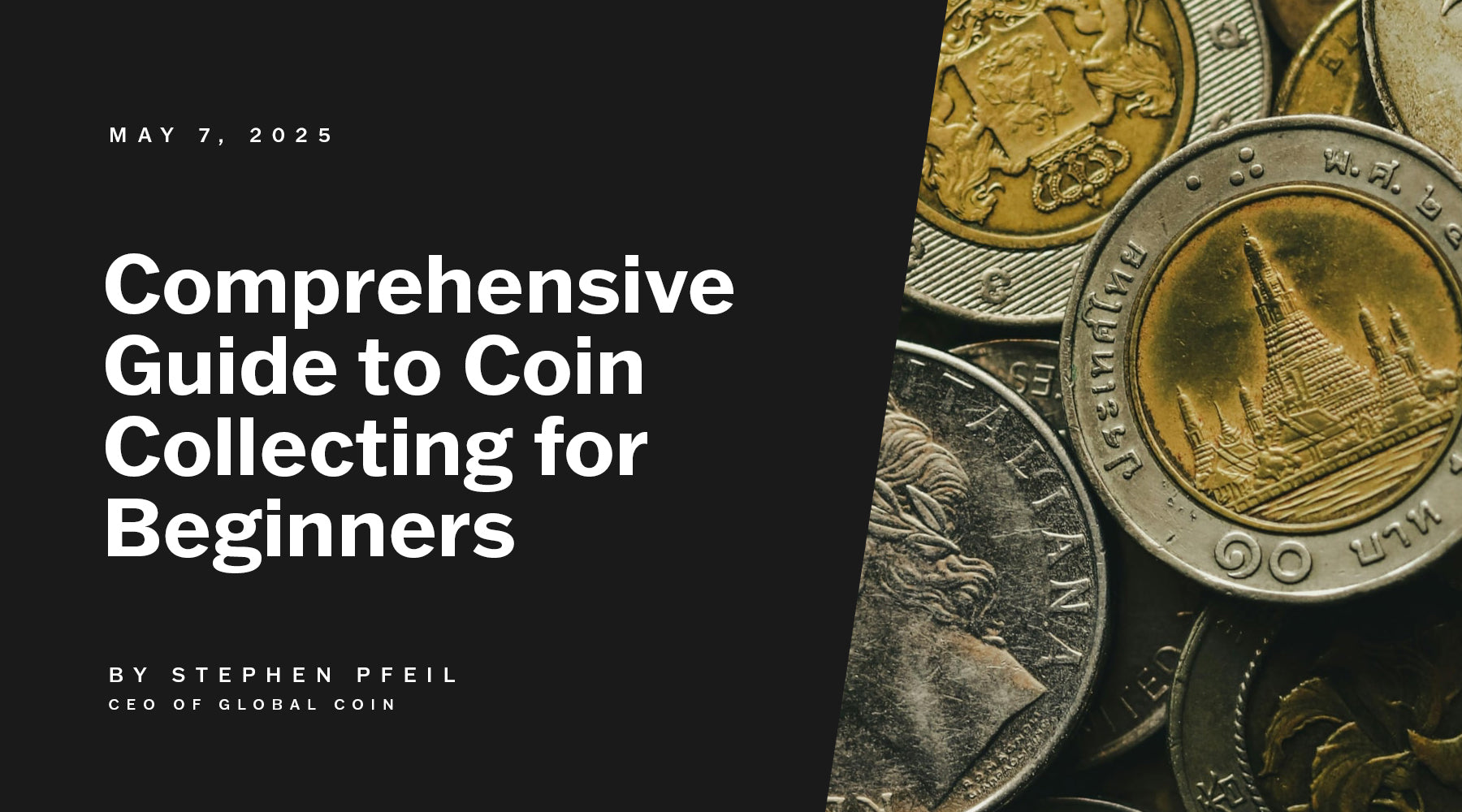
I’m Stephen Pfiel, a numismatic coin dealer with years of experience sourcing and selling coins, from American Eagles to rare error varieties. Coin collecting, or numismatics, has been my passion for decades, blending history, art, and the thrill of discovery. As a beginner, you’re stepping into a hobby that’s both accessible and deeply rewarding. In this beginner’s guide to coin collecting, I’ll share my insights on getting started, choosing coins, preserving value, and navigating the numismatic world. Whether you’re drawn to historical artifacts or potential investments, this guide will help you embark on your collecting journey with confidence.
If you’re interested in coin collecting, read on to discover how your interest can lead to a fulfilling and enjoyable hobby.
Key Points
-
Coin collecting is a multifaceted hobby with historical, artistic, and financial appeal, making it easy to begin for newcomers with the right guidance.
-
Start with a focus like U.S. coins or error coins, guided by your interests and budget, using resources like books and numismatic communities.
-
Proper storage in archival holders and avoiding cleaning preserves coin value, while grading on the Sheldon scale (1–70) assesses condition.
-
Buy from reputable dealers and use authentication services to avoid counterfeits, with tools like magnifying glasses aiding inspection.
-
Global demand for precious metal coins, driven by BRICS nations like China and India, underscores the investment potential of certain coins.
Starting Your Coin Collection: My Introduction to Numismatics
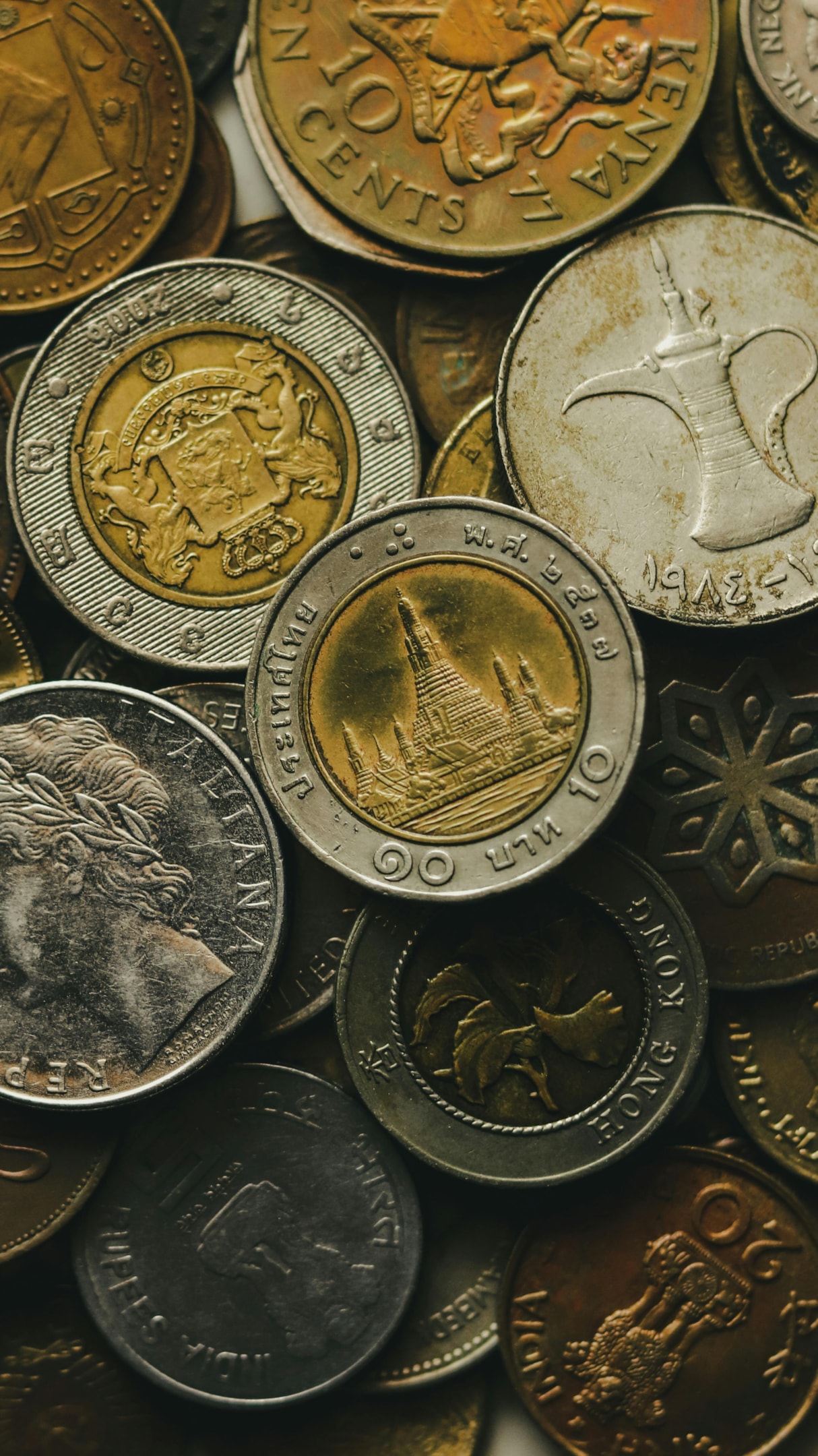
In my years as a dealer, I’ve seen how coin collecting captivates beginners. Many people begin coin collecting by researching different coin types, exploring trading resources, and starting with a small budget, making it an accessible and rewarding hobby for anyone. Numismatics is more than a hobby—it’s a window into history, a celebration of artistry, and, for some, a path to financial gain. Holding a Roman denarius or a modern Gold Eagle feels like touching the past. This beginner’s guide to coin collecting will show you how to start small, build smart, and enjoy the journey, drawing on my experience helping new collectors find their footing.
What is Coin Collecting?
Coin collecting is the art and science of gathering coins for their historical, cultural, or artistic value. It is commonly known as "the hobby of kings," reflecting its popularity and prestige among enthusiasts. Each coin tells a story—whether it’s a U.S. state quarter or an ancient Greek drachma, it reflects the era’s politics, economy, or culture. I’ve watched clients light up when they discover a coin’s backstory, from minting errors to royal effigies. This beginner’s guide to coin collecting emphasizes that you don’t need a fortune to start—just curiosity and a few tools.
Benefits of Being a Coin Collector
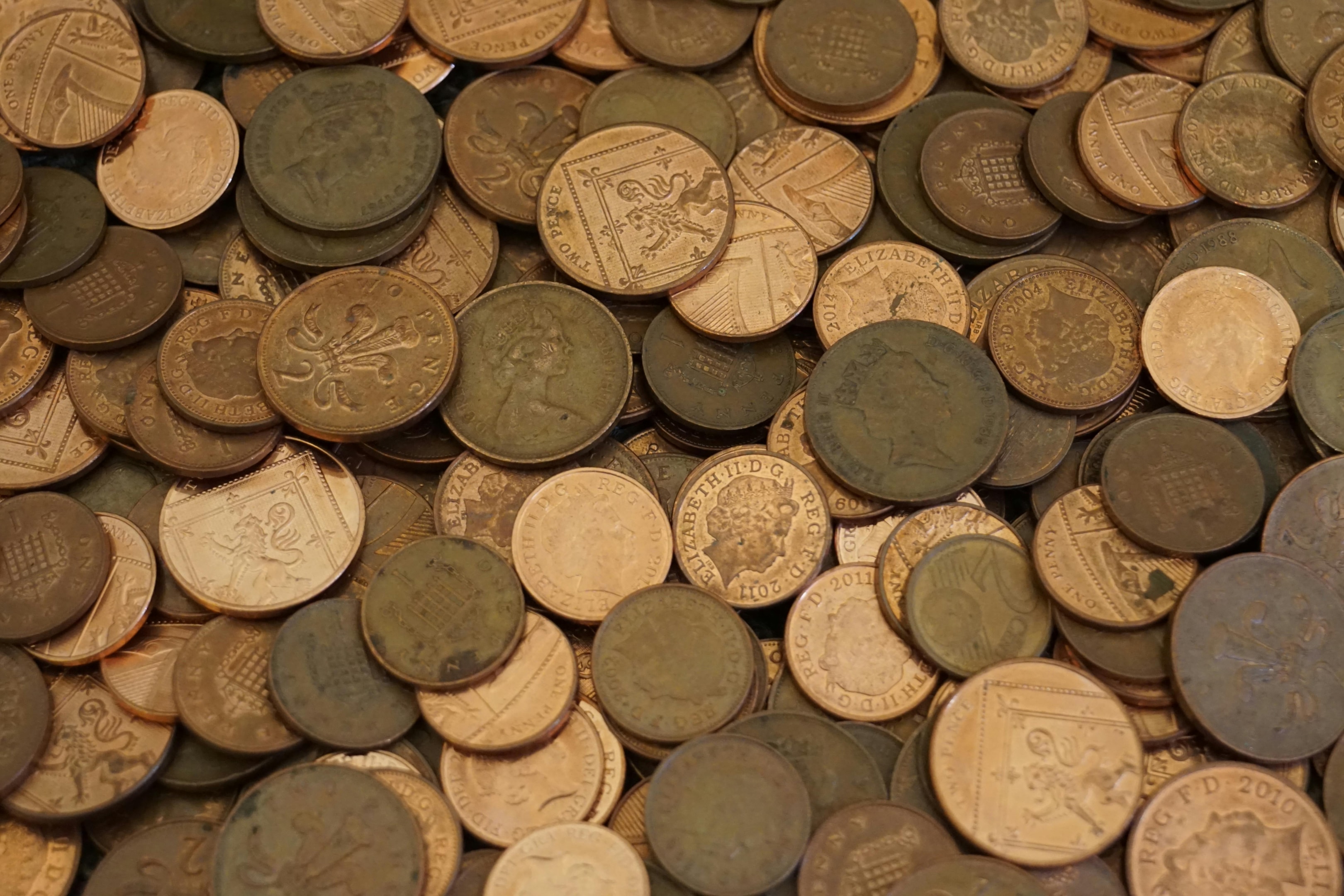
From my perspective, the beginner’s guide to coin collecting wouldn’t be complete without highlighting why this hobby is so rewarding:
-
Learning History and Culture: Coins are time capsules. A 1909-S VDB penny I once sold revealed the U.S.’s early 20th-century minting history.
-
Sharpening Research Skills: Authenticating coins hones your analytical abilities, a skill I’ve refined over years of studying mint marks and grades.
-
Building Community: I’ve connected clients with coin clubs and online forums like Reddit, fostering friendships and knowledge-sharing. Building and sharing collections often brings collectors together, as they exchange stories, advice, and even coins to help each other complete their sets.
-
Investment Potential: Rare coins can appreciate significantly. With global gold demand rising—China’s reserves at 2,302 tonnes and India’s at 880 tonnes in 2025—precious metal coins offer financial upside.
-
Pure Enjoyment: The thrill of finding a rare coin in pocket change or at a show is unmatched, as I’ve seen in countless client stories.
Understanding the Basics: Defining Numismatics and Collector Types
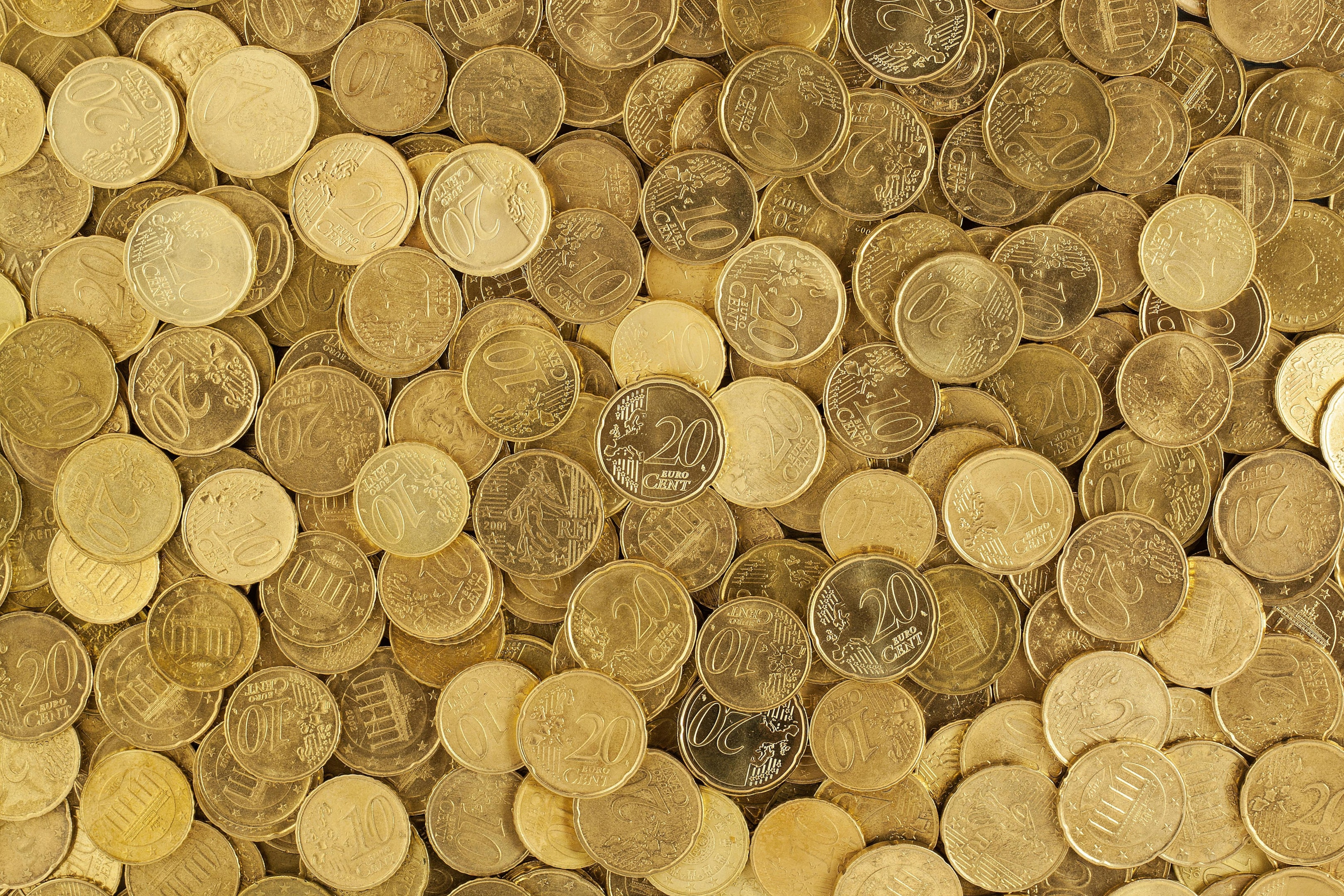
Numismatics, often called the “Hobby of Kings,” is the study and collection of coins, tokens, and paper money, dating back to the Renaissance. The study and collection of currency—including both modern and historical paper money—are also central aspects of numismatics, appealing to those interested in the tangible and historical significance of money. Unlike bullion investing, which focuses on metal value (think Fort Knox gold reserves), numismatics prioritizes historical and artistic worth. I’ve worked with all types of collectors: hobbyists chasing joy, investors eyeing profits, thematic collectors building sets around events or countries, and bullion collectors seeking gold or silver. This beginner’s guide to coin collecting encourages you to pick a path that sparks your interest, like starting with U.S. coins for familiarity.
Types of Coins to Collect
When starting a coin collection, it's important to understand the type of coin you want to collect, as there are many different types available. Here are some of the most common types and categories I recommend for beginners:
-
Common Types: Beginners often encounter common types of coins such as circulating coins, commemorative coins, and proof coins. These are widely available and provide a solid foundation for any collection.
-
Error Coins: Misprints like double strikes are unique. I once sold a 1955 double-die penny for a tidy sum.
-
Proof Coins: Minted for collectors with mirror-like finishes, these are stunning additions.
-
Brilliant Uncirculated Coins: These coins have never been in circulation and retain their original mint luster, making them highly appealing to collectors who value pristine condition.
-
Bullion Coins: Gold or silver coins, like the American Gold Eagle, combine collectible and metal value.
-
Commemorative Coins: Issued for events or figures, these carry historical weight.
-
Ancient Coins: Greek or Roman coins connect you to ancient civilizations.
-
Old Coins: Collecting old coins is popular due to their historical significance, rarity, and the stories they tell about the past.
-
Foreign Coins: Foreign and world coins let you explore global cultures and are accessible through online trading and global networks.
-
Circulating Coins: These are coins currently used in everyday transactions. Circulating coins are an ideal starting point for new collectors, often found in your pocket change or jars at home.
-
Dollars: U.S. dollar coins, such as Morgan dollars and Kennedy half dollars, are iconic collectibles. Morgan dollars, known as the "King of America's Coins," are especially popular for their history and silver content.
-
Morgan Dollars: As a specific type of dollar coin, Morgan dollars are highly sought after for their design, silver content, and status among American coins.
-
Rare and Valuable Coins: Scarce coins, like key-date pennies, are prized for their condition and history.
-
Denomination: Collecting coins by denomination (such as penny, farthing, or dollar) is a common strategy, helping you build a well-rounded collection and assess coin worth.
-
Face Value: Every coin has a face value, which is its legal or nominal value as currency. This is different from its collector or metal value.
-
Specific Type: Focusing your collection on a specific type, such as a particular coin issue, series, or theme, can help you develop expertise and create a more valuable, coherent collection.
The Importance of Coin Research: Building Knowledge
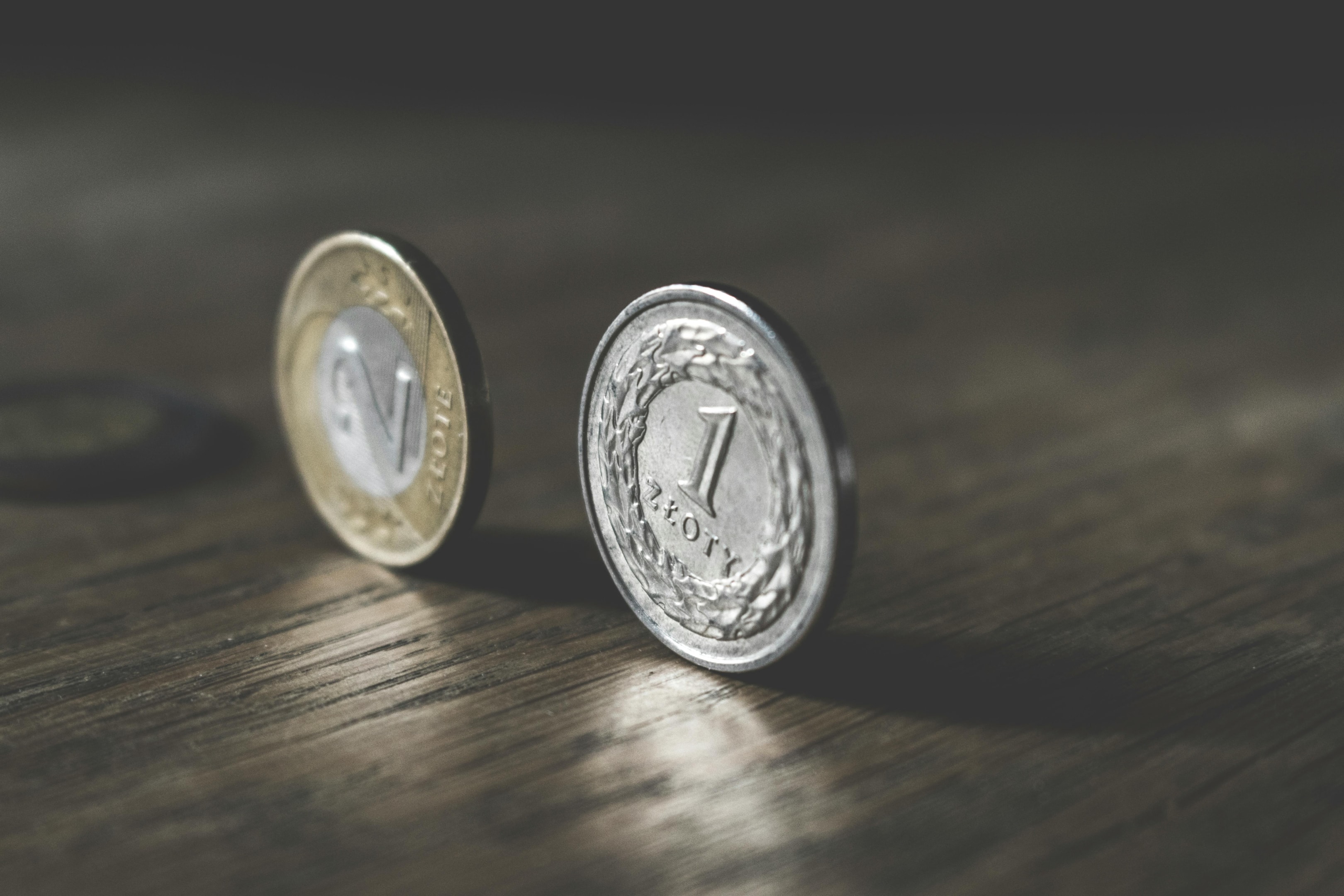
Research is the backbone of collecting, and I always tell clients to dive deep. Books like “A Guide Book of United States Coins” by R.S. Yeoman, websites like NGC, and Reddit forums are my go-to resources. Coin shows, where I’ve met experts and seen rare pieces, offer hands-on learning. Focus on coin history, mint marks (e.g., “S” for San Francisco), and grading to assess value and authenticity. Be sure to research key dates, as certain years are especially rare and can greatly increase a coin's value. This beginner’s guide to coin collecting stresses knowledge as your first investment.
Building Your First Collection: Choosing and Finding Coins
Start by picking a focus—U.S. state quarters are affordable and easy, while ancient coins might stretch your budget. I’ve helped clients start with circulation finds, checking pocket change for rarities. Many collectors find coins by searching through everyday change or by buying coins from reputable sources. The process of buying coins often involves research and understanding the market to make smart choices.
You can also source coins from:
-
Reputable dealers like Global Coin.
-
Online marketplaces like eBay (with caution).
-
Coin shows, banks for coin rolls, or estate sales.
-
Your own pockets, purses, or wallets for circulating coins.
When you buy coins, it’s important to make informed decisions and understand the value and authenticity of what you’re purchasing.
My tip? Stick to trusted sources to avoid fakes, a lesson I learned early when a client brought me a suspect “rare” coin that didn’t pass muster.
Recognizing Fake or Counterfeit Coins: Protecting Your Investment
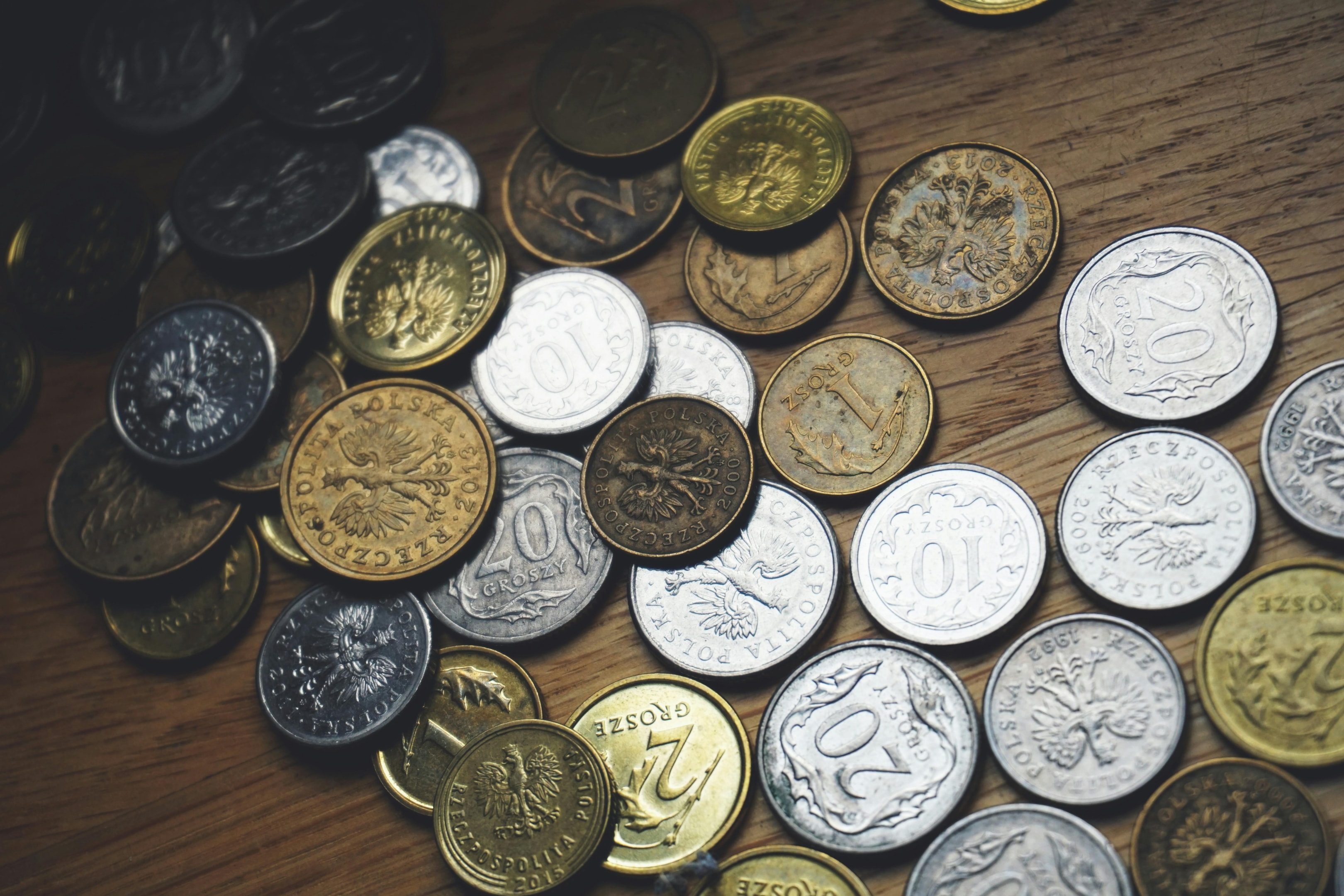
Counterfeits are a real risk. I’ve seen fakes ranging from altered common coins to outright forgeries. To protect your collection:
-
Buy from established dealers.
-
Learn to spot fakes by checking weight, detail, and color.
-
Use authentication services like PCGS or NGC.
Deals too good to be true often are. This beginner's guide to coin collecting emphasizes vigilance to safeguard your investment.
Understanding Coin Grading and Value: Assessing Condition
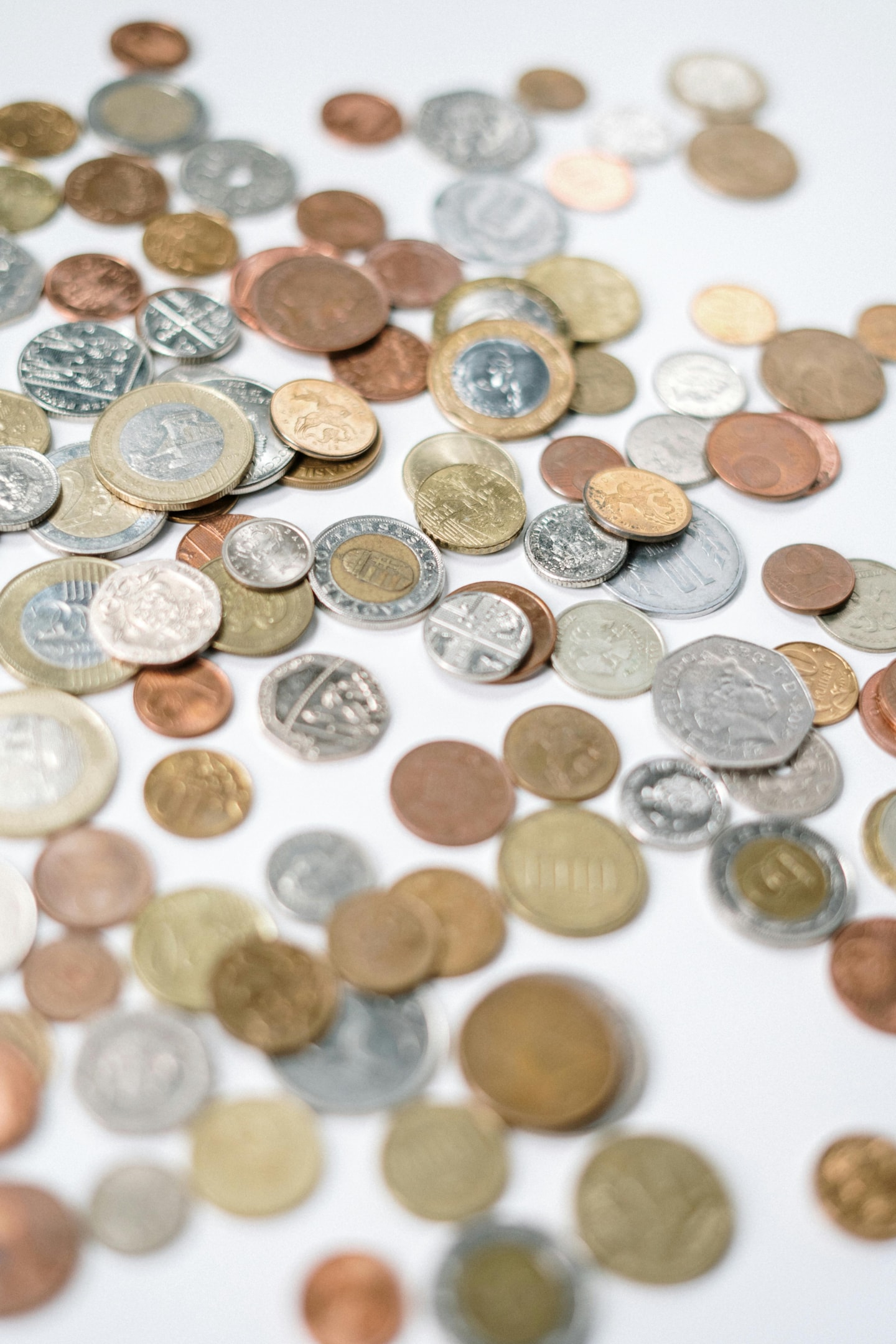
Grading, using the Sheldon scale (1–70), is critical for valuing coins. The coin's obverse, reverse, and design elements are closely examined during grading to determine its overall condition and value. A grade of 70 is flawless, assessed at 5x magnification for wear, strike quality, and luster. I rely on PCGS or NGC for professional grading, which boosts a coin’s market value. Rare coins, like a 1909-S VDB penny I sold for $2,000, or error coins, like double strikes, command premiums. Use price guides like the Red Book or apps like PCGS CoinTrackers to track values.
Tools for Beginners
You’ll need:
-
Coin holders and albums.
-
A magnifying glass for details.
-
Gloves to prevent damage.
-
Resources like Coin World magazine or Money.org.
Best Practices for Storing and Preserving: Maintaining Value
Preserving coins is non-negotiable. I’ve seen clients lose value due to improper storage. Use archival holders, store in cool, dry places, and avoid sunlight or humidity. Never clean coins—it strips patina and reduces value. Handle with gloves, hold by edges, and use UV-protected cases for display. These steps, outlined in this beginner's guide to coin collecting, ensure your coins retain their worth.
Cleaning and Conservation: Caring for Your Coins
One of the most common questions I hear from new coin collectors is, “Should I clean my coins?” In the world of coin collecting, the answer is almost always no—especially when it comes to rare coins, gold coins, or any valuable coins in your collection. While it’s natural to want your coins to look their best, improper cleaning can actually reduce a coin’s value and erase important historical details.
As a coin collector, it’s crucial to understand that the original surfaces and patina of a coin are part of its story and appeal. Scrubbing, polishing, or using harsh chemicals can leave scratches, remove natural toning, and make even gold coins less desirable to other collectors. In fact, many experienced collectors and numismatic experts can spot a cleaned coin instantly, and it often becomes less sought after in the coin world.
If you feel a coin in your collection needs attention—perhaps it has loose dirt or debris—use the gentlest methods possible. Rinse the coin in distilled water and pat it dry with a soft, lint-free cloth, but never rub or scrub. For rare coins or gold coins, it’s best to avoid any cleaning at all. Instead, consider consulting a professional conservation service, especially for coins with significant value or historical significance. These experts use specialized techniques to conserve coins without damaging their surfaces or reducing their value.
Proper conservation is about preserving your entire collection for the future. Store your coins in a cool, dry place, use archival-quality holders, and handle them by the edges to avoid fingerprints. By focusing on careful conservation rather than cleaning, you’ll help ensure your coin collection remains valuable, beautiful, and historically intact for years to come. Remember, in coin collecting, sometimes the best way to care for your coins is to simply leave them as they are—letting their natural beauty and history shine through.
Selling and Expanding Your Collection: Refining Over Time
When selling, know market trends—check Coin World or auction results. I’ve helped clients sell through dealers, auctions, or private collectors, timing sales for peak demand.
There’s a real sense of satisfaction and achievement that comes with completing a collection or set after a long search.
To expand, trade up for higher-grade coins or fill gaps in your set. Networking at coin shows or through the American Numismatic Association has led me to great trades. Finding an interesting coin, like a misstruck quarter, can also spark deeper historical curiosity.
Advanced Topics for Serious Collectors
Once you’re hooked, explore rare coins like ancient Greek pieces or error varieties. Understanding the value and rarity of many coins in a collection is crucial, as the number and type of coins can significantly impact your collection's focus and overall worth.
Investing in coins, like gold bullion coins tied to rising global demand, requires market research due to volatility. The role of precious metals—such as gold, silver, and platinum—is especially important in collectible and investment coins, as their composition can greatly influence both value and desirability. These coins, like those in Fort Knox gold reserves, offer diversification but demand careful study.
Conclusion: Starting Your Numismatic Journey
This beginner’s guide to coin collecting reflects my passion for numismatics—a hobby that blends history, art, and potential profit. Start small with a theme like U.S. quarters, research diligently, and join communities like the American Numismatic Association. Attend coin shows to connect with experts and see rare pieces. Resources like Money.org or PCGS will guide you. My advice? Enjoy the process—each coin is a story waiting to be uncovered.
Building and enjoying coin collections is a rewarding part of the numismatic journey, allowing you to focus on coins that interest you and grow your knowledge and appreciation over time.
Table: Comparison of Collector Types
|
Type |
Focus |
Goal |
|---|---|---|
|
Hobbyist |
Personal interest, themes |
Enjoyment, learning |
|
Investor |
Rare, valuable coins |
Financial gain |
|
Thematic Collector |
Specific events, countries |
Curated, cohesive sets |
|
Bullion Collector |
Precious metal value |
Wealth preservation |
Call to Action: Ready to start your collection? Pick a theme, grab a magnifying glass, and explore Global Coin’s inventory to find your first treasure. Let this beginner's guide to coin collecting be your roadmap to a lifelong passion.
Frequently Asked Questions
What is coin collecting?
It’s the study and collection of coins for their historical, artistic, or financial value—a rewarding hobby outlined in this beginner’s guide to coin collecting.
How do I start collecting coins?
Choose a focus (e.g., U.S. coins), research using books like the Red Book, buy from reputable dealers such as the Royal Mint for high-quality coins, and store properly.
What are the best coins for beginners?
U.S. state quarters, error coins, new coins from recent releases, or bullion coins like Gold Eagles are affordable and accessible, with investment potential tied to global demand (e.g., China and India’s 2025 gold reserves).
How do I avoid counterfeit coins?
Buy from trusted dealers, use PCGS/NGC authentication, and learn to spot fakes by weight and detail, as advised in this beginner’s guide to coin collecting.
Related Articles

A Monumental Achievement: The Ultimate 40-Year American Silver Eagle Proof Set
I'm Stephen Pfeil, founder of Global Coin, and today I have the privilege of sharing an extraord...
Discover More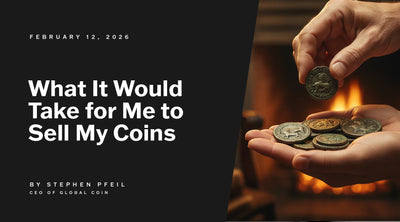
What It Would Take for Me to Sell My Coins
People assume that if the price is right, everything is for sale. I understand why. We live in a ...
Discover More
Modern Numismatic Masterpieces: Why Stephen Pfeil’s New Book Is Redefining 20th and 21st Century ...
Discover More

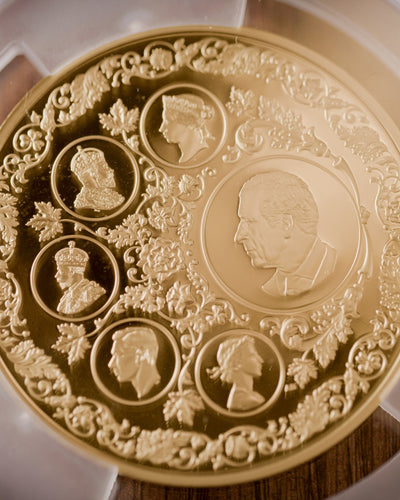
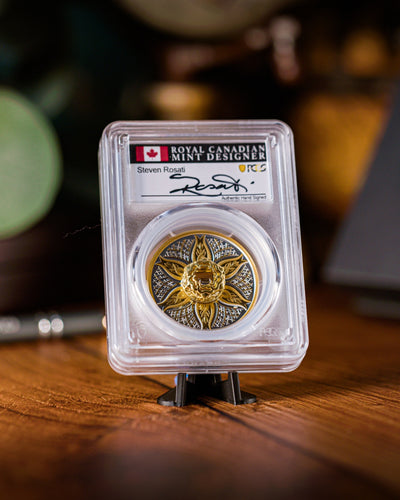
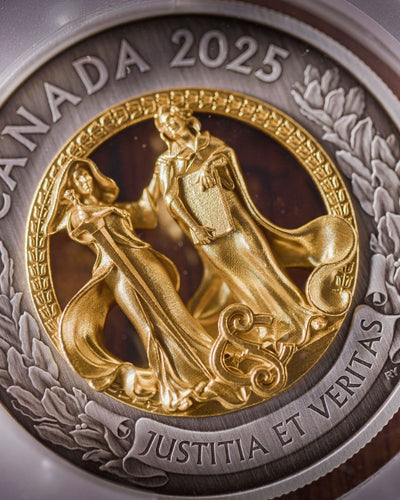
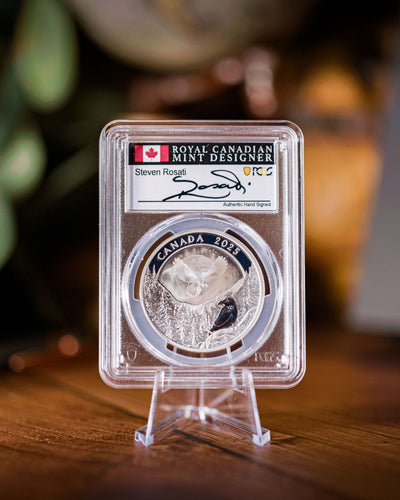
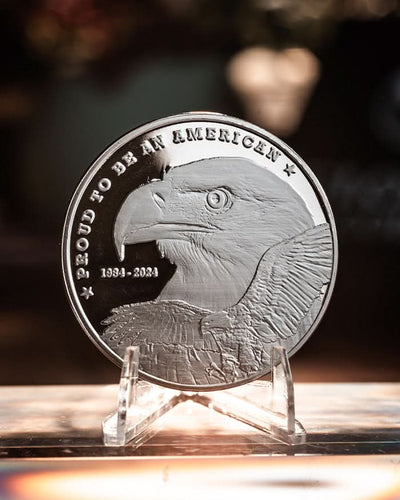
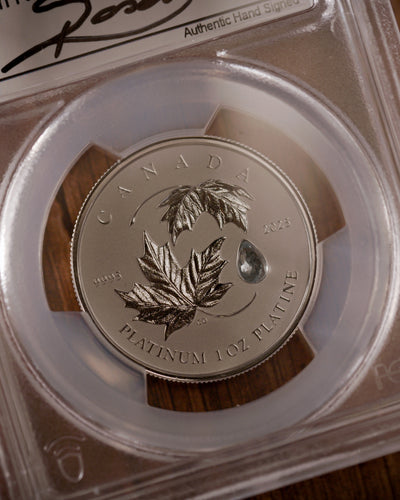
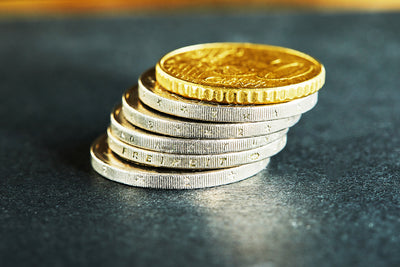
Leave a comment
This site is protected by hCaptcha and the hCaptcha Privacy Policy and Terms of Service apply.